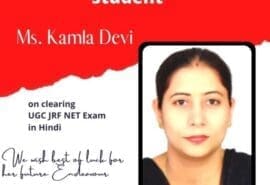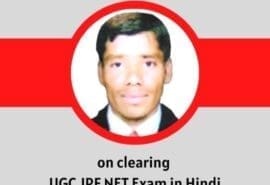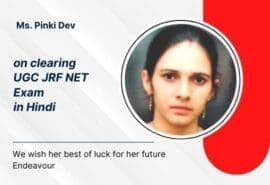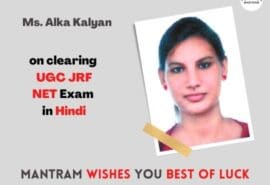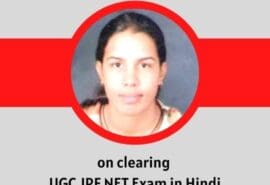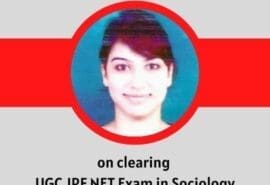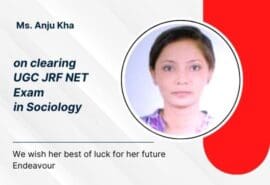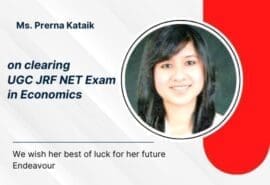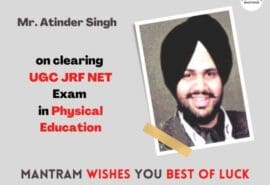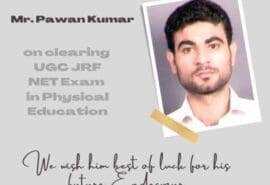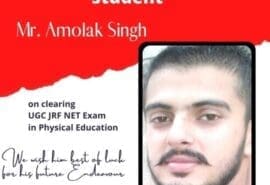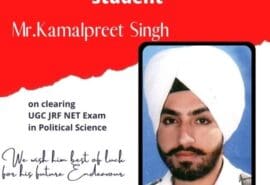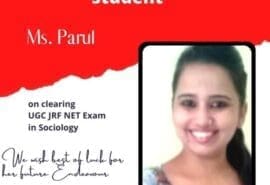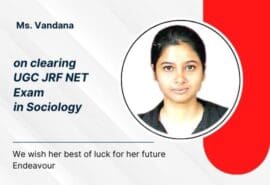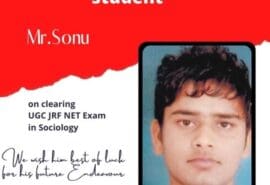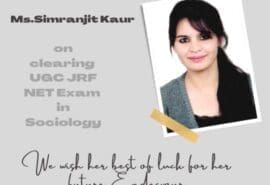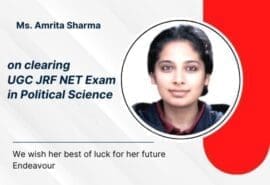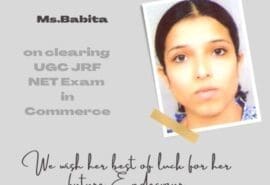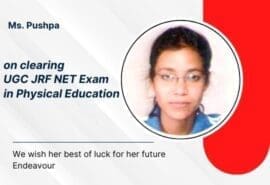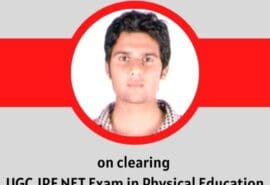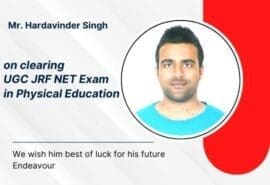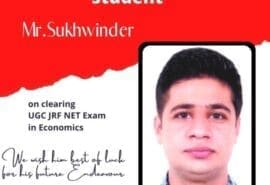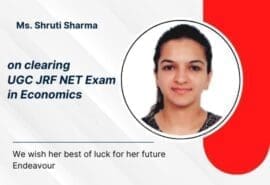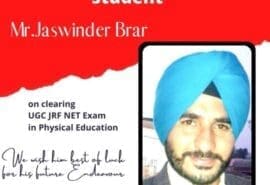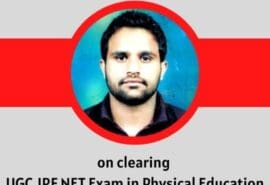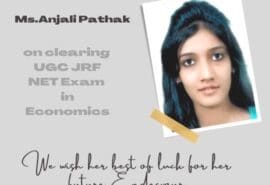
Analytical Skills Development for Sociology Exams
Analytical Skills Development for Sociology Exams
Sociology exams, whether at the high school or university level, typically place a strong emphasis on assessing students' ability to think critically and analytically about social issues, structures, and phenomena.
Developing strong analytical skills is therefore crucial for any student hoping to excel in a sociology course or on a sociology exam.
This article will discuss key strategies and tips for honing analytical skills that will prove invaluable in analyzing the real-world scenarios, theories, studies, and questions that comprise typical sociology tests and exam content.
The Nature of Analysis in Sociology
Unlike other social sciences like psychology, which focus more on the human mind and behavior at the individual level, sociology examines broader patterns and dynamics in groups, cultures, institutions, and societies. Sociological analysis, therefore, requires looking beyond personal motives, actions, or personalities to identify overarching social forces, mechanisms, structures, and belief systems that shape human behavior.
Critical analytical skills in sociology also detect subtle connections between various social variables and theorize about the significance of certain cultural norms, demographic trends, or policies.
Top-scoring answers on sociology exams manage to consistently view human behaviors, events, and attitudes through an analytical sociological lens.
For UGC JRF NET Sociology Exam Preparation Coaching, contact us at Mantram Study Group, SCO No. 80-81, First Floor, Sector 15-D, Chandigarh (Near Gate No. 2, Panjab University Chandigarh – Contact – 9779797575/ 9463049859)
Honing Observational Skills
As the famous sociologist C. Wright Mills stated, developing a "sociological imagination" starts with honing keen observational skills to notice subtle sociological phenomena in daily life.
Students to continually practice their observational skills by consciously and actively "looking outward" at "social interactions, unquestioned norms, cultural trends, telling statistics, or thought-provoking Rituals during everyday experiences and situations.
This observational practice trains the brain over time to automatically detect interesting sociological dynamics, even while running mundane errands or during casual encounters. Students can then draw from these real-world observations when responding to exam prompts regarding the complexities of social life.
Evaluating Theoretical Explanations
A common analytical task on sociology exams is to evaluate the explanatory value of theoretical perspectives as they pertain to modern societies or current events. For example, students may be asked to select and apply two sociological theories that best explain recent rises in nationalistic movements across Europe.
To tackle such questions analytically, students must thoroughly understand key arguments and assumptions of major theories (e.g. structural functionalism, conflict theory, feminist theory, social constructionism) along with their modern adaptations.
Students should also reflect on each theoretical paradigm's strengths to make sense of new case studies or emerging social developments. Extensive reading of primary academic writings is crucial to build this foundation for analytical evaluation.
Uncovering Underlying Connections
Sociological analysis digs deeper than surface appearances, common sense explanations, or simplistic media interpretations of social realities. When applied to exam prompts or case studies, analytical students will strive to uncover the institutional structures, historical patterns, demographic shifts, or political-economic dynamics that may be subtly influencing social attitudes and behaviors.
Asking probing analytical questions is key: What long-term social conditions or systems might shape group beliefs in this scenario? How are socioeconomic inequalities or communication technologies impacting cultural values here? What demographic transitions help explain these behavioral shifts over recent generations? Tracing systemic sociological factors beneath the surface leads to more complex, accurate explanations in test essays.
Questioning the Status Quo
Many sociological theories urge questioning commonly held assumptions regarding social dynamics, cultural norms, identities, or societal hierarchies. Hence, sociology students are trained to consistently ask analytical questions like who benefits from this social arrangement.
What voices or perspectives are marginalized? What language, images, or ideologies reinforce this group's power? By congruously questioning the status quo in this analytical manner, students become more adept at identifying forms of social control, exclusion, injustice, or inequality that may be operating subtly within cultures, institutions, policies, and social interactions. This analytical orientation serves students well in tackling exam questions centered on social issues or power structures.
Avoiding assumptions
While all students bring personal assumptions, experiences and perspectives to studying sociology theories and societies, relying upon these alone diminishes one's analytical regard of complex social realities.
Therefore, sociology exams test whether students can view cultures, behaviors, inequalities, and demographic trends through an analytical lens rather than instinctual reactions or opinions.
Strong answers can suspend assumptions, examine statistics gathered through systematic research, theoretically analyze contributing factors, and acknowledge alternate explanatory perspectives.
Avoiding reactive judgments and being open to uncomfortable truths observed analytically distinguishes skilled sociology students.
Argument Building
Nearly all sociology exam prompts require developing an insightful, synthetic argument or position that coherently integrates analytical observations, theoretical applications, and empirical evidence. Structuring cogent arguments involves multiple analytical steps:
- First, the prompt's key stakeholders' perspectives are assessed through a sociological lens.
- Select 2-3 suitable theories or studies to inform central positions.
- Identifying opposing arguments and sociological counter-evidence.
- Ordering ideas and sociological data to build a persuasive case for one's conclusions.
One's consistently practicing this application of analytical information and frameworks will grow more adept at crafting logical, convincing written arguments under time constraints.
Compare and Contrast Questions
Questions that ask students to analytically compare and contrast two or more theoretical perspectives, methodological approaches, cultures, subcultures, events, or social policies enable assessors to test several analytical skills simultaneously.
To excel at these tasks requires first methodically breaking down similarities and differences through close sociological examination rather than assumptions.
This involves analytically asking questions like: How do definitions or priorities differ here? What core sociological dynamics or determinants factor prominently in one case but not the other? What demographic or socioeconomic variables may explain divergent outcomes? The strongest student answers avoid superficial comparisons through dedicated analytical digging that highlights revealing sociological distinctions.
Evaluation versus Description
A common analytical weakness among developing sociology students is prioritizing description rather than critical evaluation when tackling exam questions.
Detailed descriptions of experimental designs, demographic data, participant samples, or theoretical tenets will garner only partial credit if not integrated into a broader evaluation process through chains of analytical reasoning.
For example, fully credited answers will not simply describe functionalist theories but apply analytical criteria to appraise functionalism regarding gender role transformations critically. Stronger evaluation involves analytically elucidating supportive evidence and countervailing data or logic that compels more nuanced conclusions.
Analysis in Application
Some exam questions provide novel scenarios, events, policies, or text excerpts for students to analyze sociologically concerning their acquired knowledge.
Key analytical skills are showcased by asking clarifying questions regarding source material details possibly relevant to sociological interpretation, situating specifics within a theoretical framework to inspire analytical inferences, highlighting areas requiring more data gathering to enable richer analysis, distinguishing subtle influences of social variables like age, ethnicity, technology use, etc; admitting the limits of definitive analysis without further investigation.
Exam takers should avoid selective or superficial analysis by thoroughly probing source material to construct plausible and insightful sociological explanations that withstand analytical scrutiny.
In conclusion, honing observational, investigative, interrogative, and interpretive skills comprise the core focus when building analytical competencies in sociology.
Translating these skills into eloquent, logically structured arguments on exams comes with consistent practice across various questions, case studies, theories and prompts.
Internalizing key analytical processes characteristic of respected sociologists allows students to develop their sophisticated sociological imagination to decode better the complex dynamics and structures shaping human behavior and social life.
Thanks for visiting our website Mantram Study Group
You may also join Mantram for NORCET Coaching
CHECK OUR OTHER LINKS: -
Best Coaching Institute for Ugc Net Management
Best UGC NET Commerce Coaching in India
Testimonials
 Their passion for teaching and extensive knowledge of the subject matter shines through in their engaging lectures and interactive class sessions. Students can grasp complex concepts and excel in their exams with their guidance. The CSIR Life Science Coaching Academy's commitment to students' success is evident in its teaching methodology.
Their passion for teaching and extensive knowledge of the subject matter shines through in their engaging lectures and interactive class sessions. Students can grasp complex concepts and excel in their exams with their guidance. The CSIR Life Science Coaching Academy's commitment to students' success is evident in its teaching methodology.


